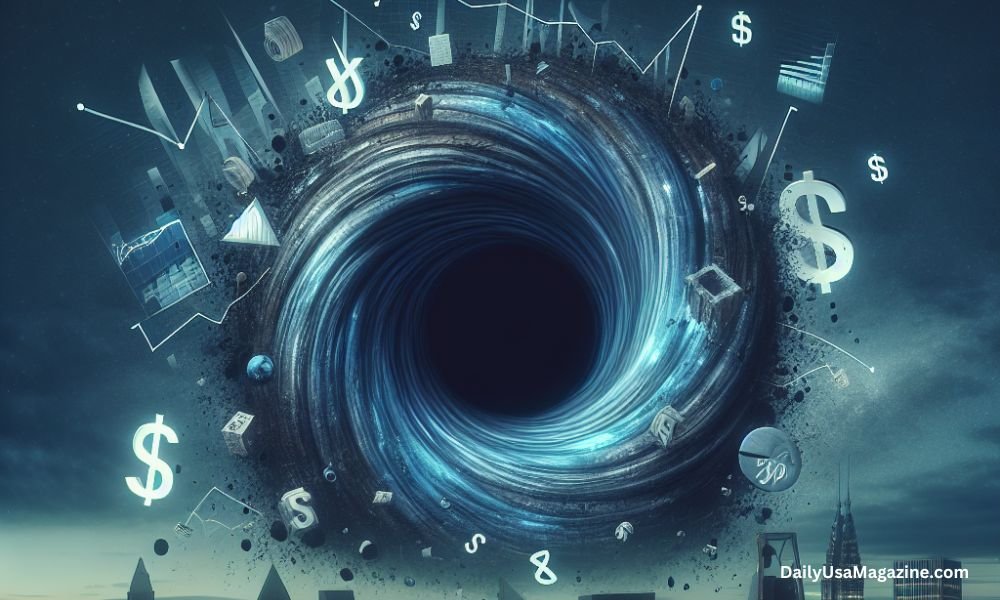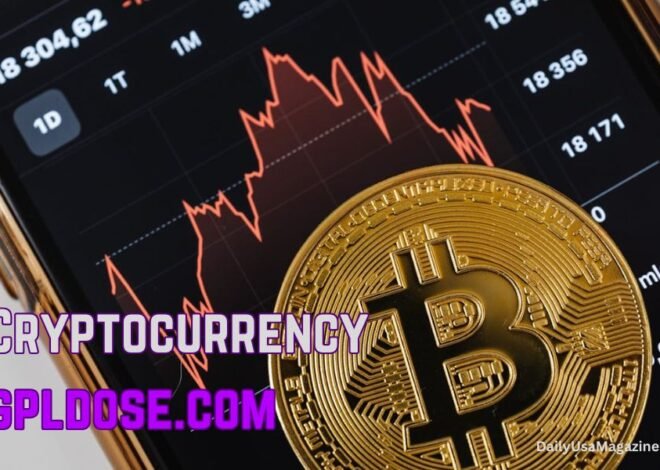Introduction
The rare term of a dollar ‘factoring in a 13 trillion black hole’ has emerged in the field of economics, to represent the most destructive sort of threats that can devour entire national, or even global markets. This phrase clearly expresses the sentiment that excessive fiscal discipline can create risk of economic depression. The focus of gravity merits attention because it allows to comprehend certain malpractices that if left unattended can cause an entire nation’s economy to go hysterical and eventually shrink into a complete collapse. The 13 trillion black hole looming economy is not evidently a hypothetical phenomenon, as the global economic crisis began due to what experts termed as the ‘black hole economy’ illustrated in the case of Greece which experienced just that as a result of incompetent leadership and misguided policies.
Factors Contributing to the Black Hole Economy
Wrong Policies
The economic framework of any country is believed to be based on policies. But extreme policies can also take the economy down the proverbial black hole. Ensuring that economic growth does not come at the cost of environmental resources often requires policies to be properly implemented. That depletion makes it impossible to go back to that economic space.
Or, when the countries pursue their policies for instant gratification, they tend to ignore the strategic options they have in hand that could be availed over a longer time span. Such decisions have a more permanent and long lasting negative impact on the economic condition of the country, making it more difficult for the citizens to afford basic services and goods in the long run. Neglecting longer aimed strategies that cut across short term based success factors only succeeds in making the economy unstable.
Over Expenditure
Governments are often caught in a rut of overspending, especially on illusory perks that generate almost no returns on investments. Such a trend leads to crippling losses which take resources away from crucial areas. For example, when the government spends large sums of money on the maintenance of upper class members of the society, that burden affects the national budgets.
Likewise, the provision of subsidies and allowances which are meant to be temporary have a long term cumulative effect on the country’s finances. Without control, expenditure and allowances grow steadily, dragging the economy closer and closer to the edge of the fiscal chasm.
Corruption
Corruption is not only a vice, but a malignancy that infiltrates the economy to its core. There exists a causal relationship of decay between tax avoidance and corruption. If people or companies don’t pay their taxes because of corruption, all the costs are shifted to regular people, and funds available for the government programs directed towards the welfare of the population are wasted. As a result, corruption on the one hand discredits the government in the eyes of the people. Their faith counters progress, and people become stagnant, so it becomes a chasm that enwraps an economy, depriving it of growth.
Poor Capabilities
The government mismanagement where leaders’ self-interests take center stage affects the state for decades. When leadership thinks for itself and its own beneficiaries, the government never works efficiently. Inefficiencies slowly range out to bad decision-making leading to bad economic performance. Selfish political leaders formulate selfish policies, programmed rather than outcome oriented. In the end such leadership leads nations into slack times for economies for even eternity if crisis does not strike first.
External Factors
Does such surprise the user? If the economy is resilient enough to weather external shocks, why bother devising effective approaches to internalize a foreign policy that is theoretically deeply disruptive and largely beyond the actor’s control to begin with? Several experts in economics define the following reasons: natural catastrophes, international relations, and international markets.
Such external factors, while not directly responsive, can be highly predictive in terms of their optimal outcomes. International businesses are aware of their susceptible positions, thus holding a rather uncharted dominion often leads such actors to devote significant resources to shock-proofing themselves.
Consequences of the Black Hole Economy
Inflation
An uncontrolled black hole economy has inflation as an inevitable outcome. Whenever governments run into budget deficits, they will often resort to increasing the money supply. This is a cure but a bad one which invites inflation that erodes the wealth of the people. Eventually inflation that persists for a long period creates some side effects such as depression of real savings and hence real wealth and confidence in the system as a whole.
Difficulties in Loan Returnings
A black hole economy hangs over the world like a bad omen, making it very hard to meet the international loan obligations. The inability to honor loan commitments increases the risk of national bankruptcy which leads to more instability. Loans are a country’s credit and therefore more essential as their absence raises doubts on the credibility of the country and future loan opportunities. Such limitation paired with other struggles summons distress for decades.
Lack of Business Growth
Poor policies and excessive taxation lead to an environment that does not encourage the growth of business. High taxes restrict the opportunities for inward investments which hinder the entrepreneurial spirit. As business opportunities are not available in the country, unemployment levels go up and investors are compelled to seek healthier economies in other countries. This in turn leads to a state of economic inertia which will make things even worse in this downward spiral of the black hole effect.
Bad Security
Generally, economic misery is accompanied by high levels of crime, which in turn affects the security of society. Increasing jobless rates and narrowed economic prospects aggravate criminal developments since people resort to unlawful methods of sustenance. Therefore, as security reduces, so too does social unity making fear and suspicion the order of the day. The social effects are quite damaging in addition to upsetting the already precarious economy.
Decline in Public Welfare
To save money, governments are left with no choice but to scale back necessary services such as those that target people’s health, education, or social welfare. Spending most of the budget servicing the debts leaves little room for social spending, and as a consequence – living standards are declining. The decline in fundamental services has been for a long time and continues to be, both economic and social in nature, pushing the poor into deeper poverty and underdevelopment, thus worsening the economic crisis.
Political Instability
When it comes to the economy, the public’s level of trust in the public leaders lessens and the economy suffers. There are political cycles of revolutions whenever people lose faith in the governing forces and the Administrations. Sustained political crisis leads to loss of policy consistency, further such barriers in recovering the economy. In the absence of a steady political environment, it becomes very difficult to carry out economic policies, making the black hole effect even more pronounced.
FAQs
What is the difference between a budget deficit and an economic black hole?
A budget deficit is a financial imbalance that is usually short term where expenses are greater than income in a given year. Budget deficits can indeed be worrisome but can be controlled with effective policies. On the other hand, an economic black hole is a long term disaster that has the dynamics of a self-reinforcing cycle of financial waste leading to an ultimate failure of an economy. An economic black hole on the other hand is not the same as a budget deficit as it has long term effects therefore requires wide ranging strategies to eradicate the impacts.
Is it possible to get out of the black hole?
To leave an economic black hole, it is imperative to put in place strategic and honest governance. There is a need for policy reforms to increase transparency, accountability and fiscal responsibility. Governments should be urged to cut back on their proposed expenditures on most unproductive luxuries and instead, provide funding towards expansion of most development projects. There is a need for leadership and the society to engage in and help build a transformation process that promotes goodwill and creativity.
Can the black hole economy of any country harm the global economy?
Yes, especially if the economy of the relevant country is quite strong. A crisis at the national level affects the external trade and investment of other countries due to the interdependence of global markets. When there are economies with great global economic reach, it means that the tendency of aggressiveness can be global which warrants the use of supranational policies to prevent or manage the recession.
Conclusion
The threat of a 13 trillion black hole economy hangs over both the national and global economies. Meeting this challenge calls for long term vision, plans, and policies. Governments should be able to manage the demands of economies and give rise to only those erases that will benefit the country in the long run.
Deploying best practices in governance can help countries escape the imminent economic crisis and ensure years of stability and prosperity. For those interested in venturing into these multifaceted relations in detail, there is a wealth of literature by specialists and works of analytical centers on the modern economic processes that are worth reading.




